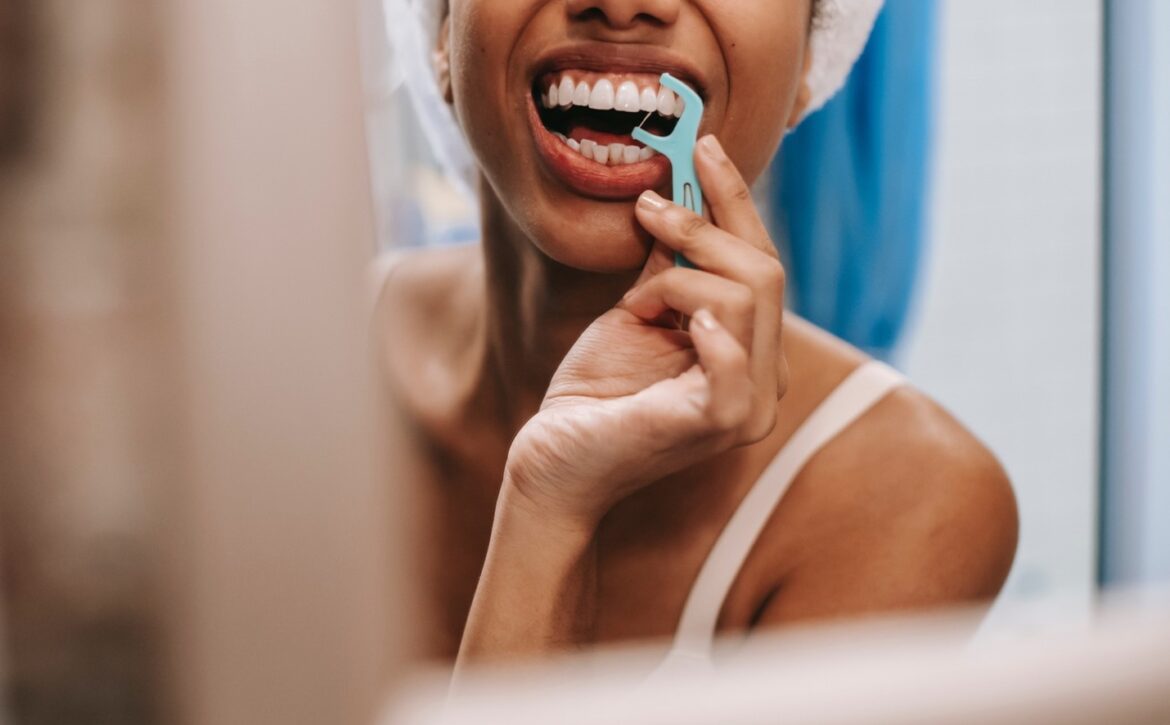Sensitive teeth: What’s normal and what’s not?
Most people have experienced tooth sensitivity at least once in their life. Eating ice cream, drinking hot liquids, breathing in cold fresh air or eating lollies is enough to trigger pain or discomfort at the root of your teeth. But what causes sensitive teeth and when should you do something about it?
Tooth sensitivity is a common problem. There are many reasons a person might have sensitive teeth and the symptoms might range from mild discomfort to a more intense pain.
What causes teeth sensitivity?
Lots of things can trigger the feeling of sensitive teeth but the underlying cause is when the nerve of the tooth is exposed to stimulation. There are a few reasons this can happen.
Thinner tooth enamel
Enamel is the outer protective covering that surrounds our teeth. Enamel is incredibly strong and shields our teeth from cavities and other types of damage. Tooth enamel can wear down over time thanks to plaque, acids and bacteria building up in our mouth. Eating and drinking acidic foods can also wear down enamel as can grinding your teeth. Tooth enamel loss can make our teeth more sensitive to heat, cold and sugar.
Gum recession
Gum recession is when the gums pull away from the teeth. Many people with gum recession experience sensitivity. This is because the tooth root which is now exposed isn’t protected with enamel. Instead, it’s covered with cementum, which isn’t as strong and offers less protection against hot or cold temperatures and sweet foods.
Cavities and chipped teeth
Cavities, tooth decay, chipped or broken teeth can all leave the interior of our teeth – the dentin – exposed, causing sensitivity. In the case of a decayed or damaged tooth, you’ll only feel pain in one tooth or area of your mouth rather than in across all of your teeth.
Tooth bleaching
Tooth whitening kits and whitening strips may leave you with whiter teeth, but they can also increase teeth sensitivity. This is because a lot of at home products are overly acidic which wears down tooth enamel and can irritate your gums. If you’re experiencing tooth sensitivity after using whitening strips or gels your teeth stop using them for a while and your teeth should feel less sensitive. If you have sensitive teeth but want to explore teeth whitening talk to your dentist about professional teeth whitening.
Brushing too hard
Our teeth and gums are more sensitive to brushing than you might think. If you have sensitive teeth and gums, particularly after brushing, it could be because you’re brushing too hard. There’s no need to use a lot of force when you brush your teeth. Grip your toothbrush firmly and brush in gentle circular motions. You can also change your hard bristled toothbrush for a soft bristled brush. Better yet, use an electric toothbrush and let it do the hard work for you.
When is tooth sensitivity not normal?
There are lots of reasons a person might experience sensitive teeth but how do you know when it’s a problem?
If tooth sensitivity is affecting your daily life and is causing you pain, you need to see a dentist. The sharper and longer the pain lasts, the more likely your tooth sensitivity is caused by an underlying problem.
If you feel like you’ve always had sensitive teeth and the discomfort is mild, it’s still a good idea to come in for a checkup. Taking early action can help prevent cavities from forming and reduce enamel loss which is important for preventing tooth sensitivity.
When to see a dentist for sensitive teeth
You should book a dentist appointment if you have:
- Tooth pain that is sharp and feels isolated to one area
- Sensitivity that lasts longer than a day or two
- Reoccurring sensitivity after eating or drinking
- Staining on the surface enamel of your teeth
- Pain when biting or chewing
How is tooth sensitivity treated?
After a dental checkup, your dentist will recommend treatment based on the underlying cause of your sensitivity.
If your tooth sensitivity is mild and caused by thinning enamel, they may apply a flouride gel or desensitising agent during your appointment. These help to protect tooth enamel and reduce tooth sensitivity.
Your dentist might also recommend cutting back on acidic and sugary foods and drinks to help prevent further tooth enamel erosion.
If the sensitivity is caused by exposed dentin, you may need a filling to treat a cavity or broken tooth.
If you have receding gums your dentist may apply a desensitising agent to reduce sensitivity on the tooth root. In more pronounced cases a gum graft could be an option.
In all cases, your dentist will talk through their recommendations for treatment with you and make sure you’re comfortable with the right treatment.
Time to book an appointment?
Whether your discomfort is mild or more severe, new or something you’ve been dealing with for a while, you don’t have to live with it. Book an appointment now at Gentle Dental and let our dentists take care of you.




